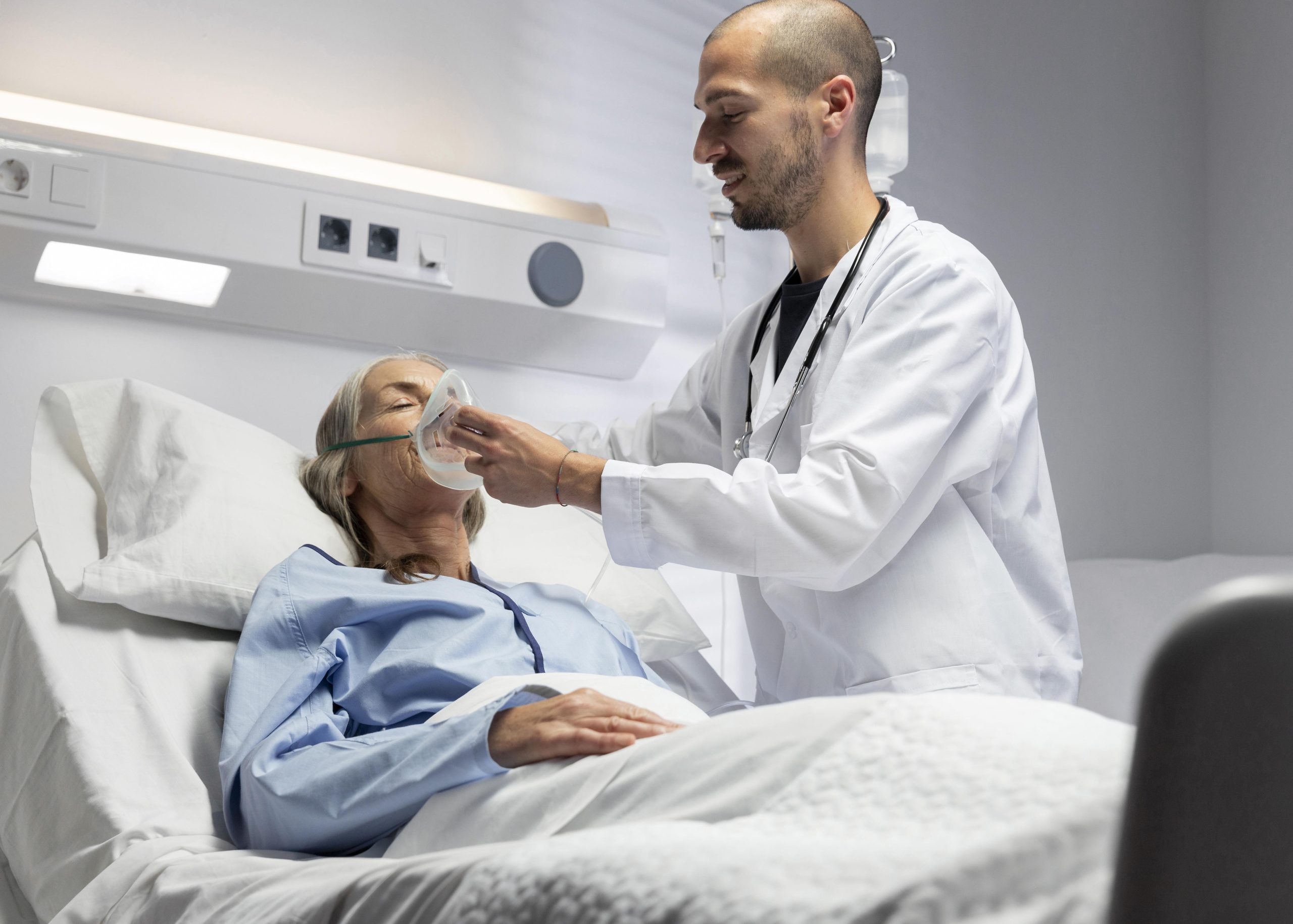The Hidden Health Toll of Domestic Assault: What Survivors Need to Know
Domestic assault is often viewed through the lens of criminal law, but the consequences extend far beyond the courtroom. Survivors of domestic violence suffer a profound and often prolonged impact on their physical, emotional, and psychological well-being. As the healthcare industry becomes increasingly aware of these ramifications, understanding how to address and support survivors from a medical standpoint is critical.
In this article, we explore the health effects of domestic assault, the role of healthcare providers, and the essential resources survivors can access—including when it’s appropriate to involve a domestic assault lawyer Toronto.
Understanding Domestic Assault in a Healthcare Context
Domestic assault involves any act of physical, emotional, sexual, or psychological abuse perpetrated by an intimate partner or family member. While the legal system categorizes it based on charges and intent, healthcare professionals see its outcomes in emergency rooms, clinics, and therapy sessions.
Types of Abuse and Their Health Outcomes
- Physical abuse can lead to bruises, broken bones, internal injuries, and long-term chronic pain.
- Emotional and psychological abuse may result in anxiety disorders, depression, post-traumatic stress disorder (PTSD), and substance misuse.
- Sexual abuse carries risks of sexually transmitted infections (STIs), unwanted pregnancies, and severe psychological trauma.
The Silent Epidemic: Health Consequences of Domestic Assault
According to the World Health Organization, approximately 1 in 3 women globally have experienced physical or sexual violence. In Canada, domestic violence accounts for about 30% of all police-reported violent crime involving women.
Physical Health Effects
| Health Issue | Description |
|---|---|
| Chronic Pain | Ongoing musculoskeletal pain is common among survivors. |
| Gastrointestinal Disorders | Abuse-related stress can lead to ulcers, IBS, and other GI problems. |
| Sleep Disorders | Insomnia and nightmares are frequently reported. |
| Traumatic Brain Injuries (TBIs) | Often undiagnosed, TBIs from repeated blows are prevalent. |
Mental and Emotional Health Effects
Mental health is often the most enduring area of concern. A survivor may experience:
- PTSD: Triggered by memories, sounds, or sights related to the abuse.
- Anxiety and Panic Attacks: Often linked to fears of recurrence or ongoing harassment.
- Depression: Including feelings of hopelessness, guilt, and isolation.
- Suicidal Ideation: Particularly when abuse is compounded by lack of support.
The Role of Healthcare Providers
Healthcare professionals are in a unique position to identify signs of domestic abuse and offer support. However, this requires both training and sensitivity.
Screening and Documentation
Routine screening during checkups can uncover hidden abuse. Questions might include:
- “Do you feel safe at home?”
- “Have you been physically hurt by someone close to you?”
Documentation is vital—not just for treatment but also for any future legal proceedings.
Trauma-Informed Care
Using a trauma-informed approach ensures that the patient’s dignity and emotional state are respected. This means:
- Avoiding judgmental language
- Ensuring privacy and confidentiality
- Empowering the survivor to make their own choices
When to Refer to Legal Professionals
While healthcare providers can document and support, they are not legal advocates. It’s crucial to know when to refer a patient to professional legal counsel.
If a patient indicates they’re in immediate danger or expresses a desire to press charges, connecting them with a qualified domestic assault lawyer Toronto is an essential next step. Legal professionals can assist in obtaining restraining orders, navigating criminal charges, and ensuring long-term safety.
Community Resources and Support Networks
Survivors of domestic assault benefit from a holistic approach that includes medical, psychological, and community support:
- Shelters and Safe Houses: Provide immediate refuge.
- Counseling Services: Offer trauma therapy and mental health support.
- Support Groups: Allow survivors to share experiences and build resilience.
- Legal Aid Clinics: Assist those who may not afford private counsel.
Building a Healthcare System That Supports Survivors
The healthcare community must evolve to address domestic violence not just as a legal or social issue, but as a public health crisis. This involves:
- Ongoing training for medical professionals
- Partnerships with legal and community organizations
- Advocacy for policy change that protects survivors
Conclusion: A Call for Integration and Awareness
Domestic assault has repercussions that echo across all facets of a survivor’s life. By understanding these effects through a health lens, we not only treat the wounds but also empower individuals to reclaim control of their lives. Legal help, such as that offered by a skilled domestic assault lawyer, is one vital piece of this puzzle—but it must be supported by a compassionate and prepared healthcare system.
Sources:
- World Health Organization – Violence against Women (https://www.who.int)
- Canadian Women’s Foundation – Facts about Gender-Based Violence (https://canadianwomen.org)
- Government of Canada – Family Violence (https://www.canada.ca)
Disclaimer: This article is for informational purposes only and does not constitute medical or legal advice. If you or someone you know is experiencing domestic violence, please contact emergency services or a local support organization immediately.
- CPAP Machine Price and Cost in Canada - July 24, 2025
- Are Vaporizers Harmful to Health? - May 1, 2025
- Why Standard Door Width Is Essential for Healthy, Accessible Homes in Canada - April 24, 2025



